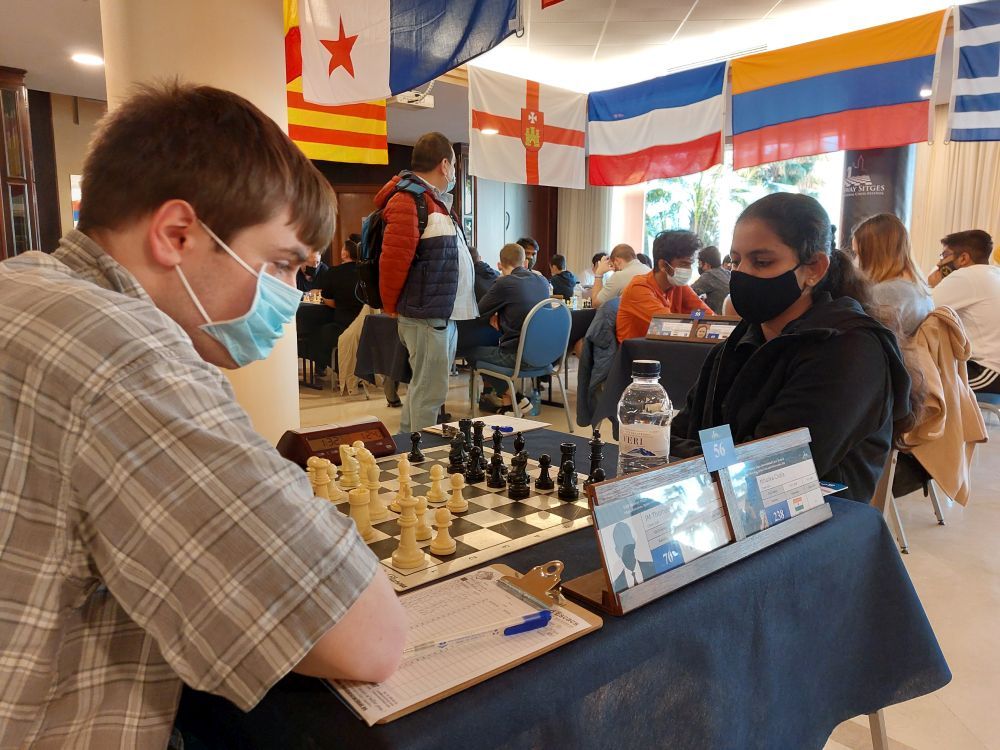Introduction
In the world of chess, women have consistently defied the odds, proving that gender is not a determinant of skill or strategy. One remarkable category in the chess realm is that of Women International Masters (WIMs). This article will delve into the intriguing world of Women International Masters, exploring their achievements, the challenges they face, and their significant impact on the chess community.
What is a Women International Master (WIM)?
Before we dive into the remarkable stories of Women International Masters, let’s understand what this prestigious title represents. A Women International Master, commonly referred to as a WIM, is a coveted title awarded by the World Chess Federation (FIDE). It signifies that a female chess player has achieved a high level of proficiency and mastery in the game.
The Path to Becoming a WIM
To become a Women International Master, a player typically needs to meet certain criteria, including achieving a specific Elo rating and performing well in international tournaments. This rigorous journey often involves years of dedication, practice, and an unwavering passion for chess.
Notable Women International Masters
1. Nona Gaprindashvili: The Trailblazer
Nona Gaprindashvili, a Georgian chess legend, was not only a WIM but also the first woman to be awarded the title of Grandmaster. Her accomplishments broke down gender barriers and inspired countless aspiring female chess players worldwide.
2. Maia Chiburdanidze: A Chess Prodigy
Maia Chiburdanidze, another Georgian chess prodigy, earned her WIM title at a remarkably young age. Her exceptional skills and determination set her on a path to becoming one of the youngest World Chess Champions in history.
3. Judit Polgár: Shattering Stereotypes
Judit Polgár, often regarded as the strongest female chess player of all time, not only achieved the WIM title but also reached the rank of Grandmaster. Her remarkable achievements serve as a testament to the potential of women in the world of chess.
Challenges Faced by WIMs
While Women International Masters have achieved remarkable success, they also encounter unique challenges in the chess world. Gender bias, limited opportunities, and the pressure to perform at an elite level are just a few of the hurdles they face.
Overcoming Stereotypes
One significant challenge that WIMs face is the stereotype that women are less capable in chess than men. This stereotype, however, has been debunked by the remarkable achievements of WIMs like Judit Polgár.
Breaking Into the Elite Circles
Achieving the WIM title is just the beginning. WIMs often find it challenging to break into the elite circles of chess, where male players dominate. This underscores the importance of providing equal opportunities and recognition for female players.
The Impact of WIMs
Women International Masters play a pivotal role in promoting chess and inspiring future generations. Their accomplishments serve as a source of motivation for aspiring female chess players, proving that the chessboard is a level playing field.
Encouraging Diversity
WIMs contribute to the diversification of the chess community, making it more inclusive and welcoming to players of all backgrounds and genders.
Inspiring Young Talent
The success stories of WIMs inspire young talents to pursue chess passionately, knowing that they too can achieve greatness regardless of their gender.
- Conclusion
In conclusion, Women International Masters are a testament to the limitless potential of women in chess. Their achievements, though often accompanied by challenges, serve as beacons of inspiration for chess enthusiasts worldwide. As the chess community continues to evolve, it is crucial to support and celebrate the accomplishments of WIMs, fostering a more inclusive and diverse chess world.
Frequently Asked Questions (FAQs)
The title “Women International Master” (WIM) signifies that a female chess player has achieved a high level of proficiency and mastery in the game, as recognized by the World Chess Federation (FIDE).
Yes, there are several famous Women International Masters, including Nona Gaprindashvili, Maia Chiburdanidze, and Judit Polgár, who have made significant contributions to the world of chess.
WIMs often face challenges such as gender bias, limited opportunities, and the pressure to perform at an elite level. These challenges highlight the need for greater inclusivity in chess.
Women International Masters impact the chess community by encouraging diversity and inspiring young talent. Their achievements inspire aspiring female chess players and contribute to a more inclusive chess world.
Supporting Women International Masters in chess involves providing equal opportunities, recognition, and eliminating gender bias to create a level playing field for all chess players.
If you are interested in learning more about Summit School of Chess, please visit our website at https://summitschoolofchess.com/.
Learn more @ Chess School
Special Chess Lessons for Beginners
Chess Tournaments for Kids, Chess Tournaments Near Me
Chess Camps

